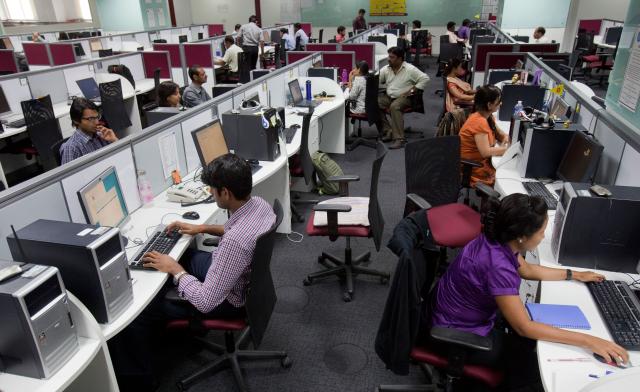
Union Budget 2016-17 confused about housing needs
After much expectation the Union Budget 2016-17 neither addresses the…

After much expectation the Union Budget 2016-17 neither addresses the…

As the Union Budget 2016-17 draws closer, India’s real estate…

Today, the world sees India as a land of opportunity for business and investment. RBI head Raghuram Rajan said in mid-September that while fellow BRICs have deep problems, India appears to be an island of relative calm in an ocean of turmoil.

From being the governance wild child to maturing into a market influencer, India’s real-estate sector has transformed in the past decade, with a paradigm shift from family owned businesses to corporates along with a few companies listing on stock exchanges. The change began with the government opening doors to Foreign Direct Investment (FDI) in 2005 and then welcoming the next wave of stability as corporate houses brought image restoration for the sector. Led by corporate entities, realty companies soon adopted corporate governance wherein transparency began to trickle down into the system as a norm slowly.

In the evaluation of sustainability of a housing market, the absorption of office space is the prime indicator across the world. After all, it is the economic activity and the job magnet that fuels the demand for new houses. The city of Mumbai has always been blessed on that count due to demand and supply dynamics.

As the Modi Government completes its first year in office, there is no dearth of bouquets and brickbats for the NaMo regime in the media. On analysing the Modi government’s electoral assurances, the actions taken so far and the respective timelines being followed to achieve these, I would say that it is reasonably on track with fulfilling its short-term, medium-term and long-term promises.

Track2Realty Exclusive: The time of transition for the Indian real estate and construction sector has finally arrived. Since last few years, a number of regulations pertaining to the real estate market were put on hold. A number of them are now at the draft stage waiting for Parliament’s approvals.

Track2Realty: The economic growth rates in Asia are likely to lead the world—creating demand for built spaces, triggering business expansion, and inducing businesses to occupy retail premises and office properties.

Track2Realty Exclusive: Perhaps no other segment of Indian real estate would have taken as much beating as the retail one. With consumerism down due to overall slowdown in the economy, e-commerce emerging big to challenge the malls and the high streets back with innovations, it seems the mall developers had abosiltely no idea as to how to deal with the emerging market realities. Track2Realty Focus 2015 takes a look at how the promising retail in India could not benefit retail realty in its performance.

Track2Realty: Provide on-ground impetus for affordable housing In the previous nine-month Budget, the new government outlined its vision for boosting affordable housing. From the upcoming 12-month budget, the Indian real estate sector looks forward to provisions that firm this vision up on the ground.
